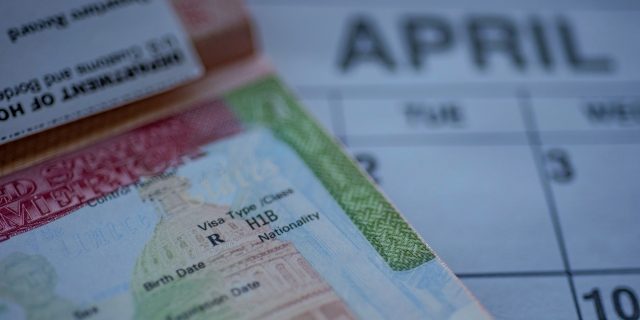The US Department of Homeland Security (DHS) aims to modernize the H-1B visa program, facilitating post-graduation employment for numerous international students in the US.
Highly sought after, the H-1B visa permits a three-year stay following the completion of a higher education degree in the US. Eligibility requires graduation and occupation in specialized fields. Sponsored by employers, graduates petition the USCIS for the H-1B visa.
Upon completion of the initial period, holders may extend the visa for an additional three years, creating a competitive six-year opportunity. Applications undergo a lottery process.
The USCIS now plans changes to the H-1B visa process, potentially impacting international students.
Here’s a breakdown of the proposed H1B visa modifications.
-
Refined qualification standards
Due to uncertainties regarding the specific degrees that qualify for H-1B visas, the USCIS plans to revise the eligibility criteria. This entails clarifying that while a variety of degree types are acceptable, they must directly align with the applicant’s job role.
For instance, a graduate with a Master’s in Business Analytics securing a data analyst position at a major H-1B visa employer, such as Amazon, would meet the requirements. However, if the same graduate were to work in an unrelated field, they would not meet the eligibility criteria.
-
Enhanced program efficiency
The competitiveness associated with H-1B visas often results in a lengthy application process. To streamline this, the USCIS proposes a regulation impacting those submitting a second visa application.
According to the new rule, unless there are notable changes between the first and second applications, adjudicators will refer to their initial decision rather than reviewing the application anew.
3. Enhanced opportunities for F-1 visa holders
Proposed changes would extend exemptions to F-1 visa holders applying for H-1B visas, allowing greater flexibility for entrepreneurs. The new rule would move the deadline for F-1 visa holders to leave the country after visa expiration to April 1st of the following year or until H-1B approval, preventing disruptions in employment authorization during the ‘cap gap’ period. DHS expects these changes to facilitate timely adjudication of visa status changes before April 1st.
-
Enhanced integrity measures
The proposed H-1B visa changes aim to minimize the risk of fraud and system misuse. Presently, individuals can submit their names multiple times into the H-1B visa lottery, potentially inflating their chances of success. The new regulations would prohibit duplicate registration of the same visa beneficiary.
Additionally, the rule change would authorize the USCIS to conduct on-site visits to companies that have secured H-1B visas, enabling scrutiny for any fraudulent activities.
For more information on H1B visa, click here.

